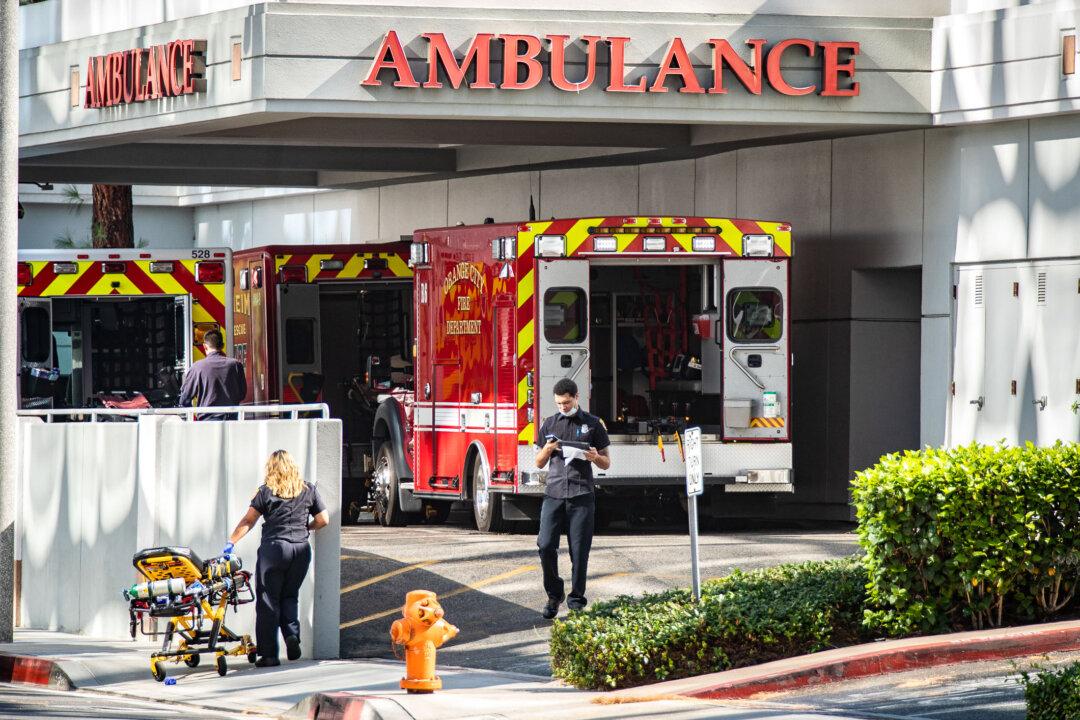California Gov. Gavin Newsom cited the risk from earthquakes while vetoing a bill on Sept. 13 that would have allowed hospitals to seek deadline extensions for seismic safety compliance.
“The question is not if California will experience a significant earthquake, it’s when,” Newsom said in his veto letter to the state senate. “All Californians depend on the hospitals in their communities for reliable, high-quality health care services and emergency response in times of need.”





